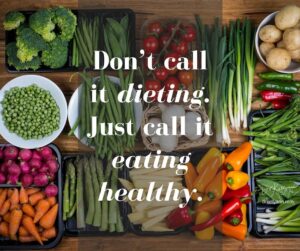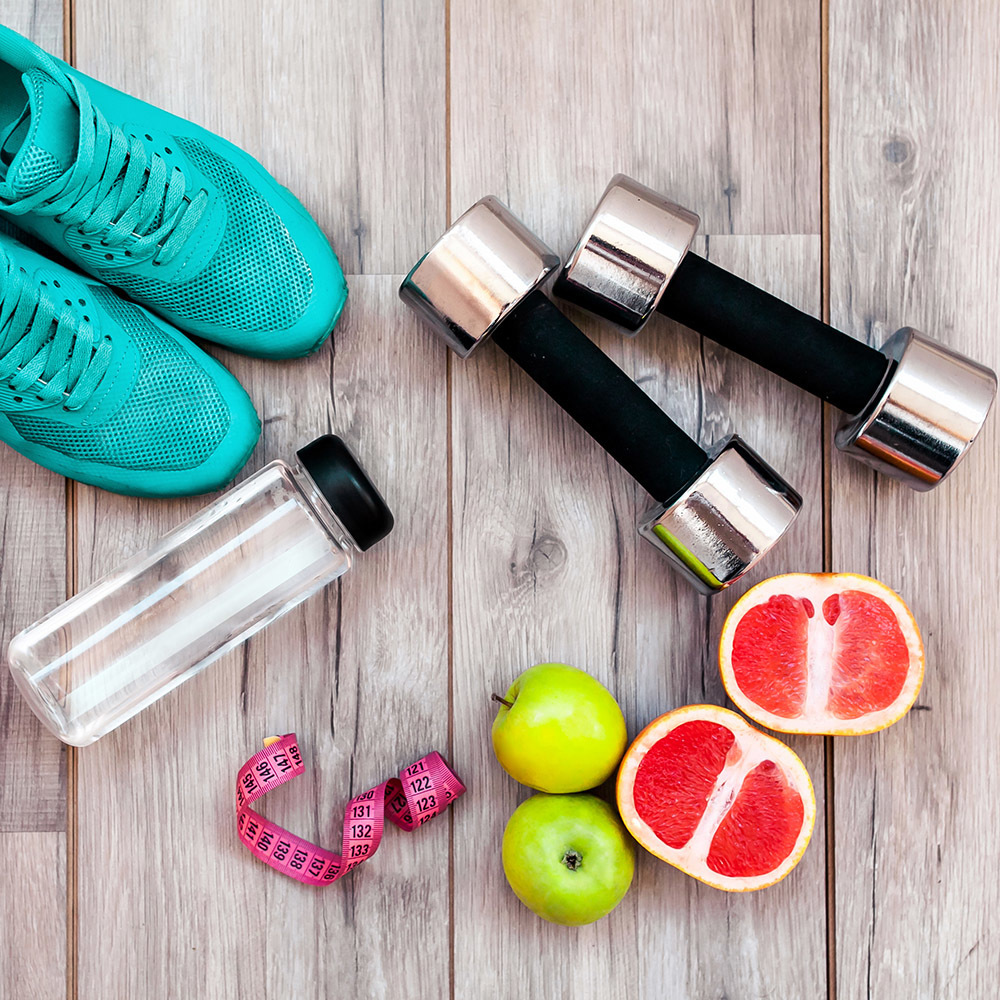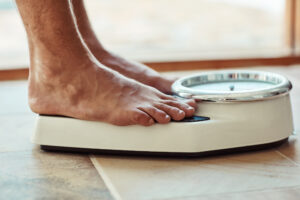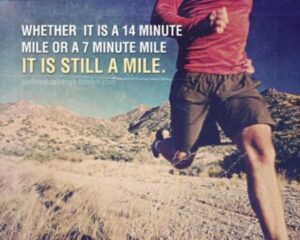Weight loss is a big concern for many and is often the first priority in their fitness plan. Weight loss is not easy and it requires discipline, efforts and patience. It can be achieved by a healthy lifestyle which includes the right diet as well as regular physical activity. Most people have a misconception that a weight loss diet requires drastic diets such as intermittent fasting, 10 week diet, keto diet or health supplements such as medicines or pills. However, this is wrong. One requires a balanced diet with the right proportions of all food groups. More often than not, the food that person is accustomed to eating since birth is the best diet to lose weight instead of trying out different fancy foods.
Your weight is a balancing act, but the equation is simple: If you eat more calories than you burn, you gain weight. And if you eat fewer calories and burn more calories through physical activity, you lose weight.
So here are some ways which can lead you to a healthy lifestyle and of course, help you lose weight!
-
Drink Water, Especially Before Meals
It is often claimed that drinking water can help with weight loss — and that’s true.
Drinking water can boost metabolism by 24–30% over a period of 1–1.5 hours, helping you burn off a few more calories. One study showed that drinking a half-litre of water about half an hour before meals helped dieters eat fewer calories and lose 44% more weight, compared to those who didn’t drink this much water.

-
Don’t Diet- Eat Healthy Instead!
One of the biggest problems with diets is that they rarely work in the long term.
If anything, people who diet tend to gain more weight over time, dieting is a consistent predictor of future weight gain. Instead of going on a diet, aim to become a healthier, happier and fitter person. Focus on nourishing your body instead of depriving it.
Weight loss should then follow naturally.

-
Move Your Body
Exercise, while not required to lose weight, can help you lose weight more quickly. Lifting weights has particularly good benefits. By lifting weights, you’ll burn lots of calories and prevent your metabolism from slowing down, which is a common side effect of losing weight. Exercise also offers numerous health benefits, including boosting your mood, strengthening your cardiovascular system and reducing your blood pressure.
Try going to the gym three to four times a week to lift weights. If you’re new to the gym, ask a trainer for some advice. If lifting weights is not an option for you, doing some cardio workouts such as walking, jogging, running, cycling, or swimming is very beneficial for weight loss and general health.
Both cardio and weightlifting can help with weight loss.


-
Drink Green Tea and Coffee (preferably Black)
Coffee has been unfairly demonized. Quality coffee is loaded with antioxidants and can have numerous health benefits. Caffeine in coffee can boost metabolism by 3–11% and increase fat burning by up to 10–29%. Just make sure not to add a bunch of sugar or other high-calorie ingredients to your coffee. That will completely negate any benefits.

Like coffee, green tea also has many benefits, one of them being weight loss.
Though green tea contains small amounts of caffeine, it is loaded with powerful antioxidants called catechins, which are believed to work synergistically with caffeine to enhance fat burning. Although the evidence is mixed, many studies show that green tea (either as a beverage or a green tea extract supplement) can help you lose weight.

-
Eat Whole, Single-Ingredient Foods
If you want to be a leaner, healthier person, then one of the best things you can do for yourself is to eat whole, single-ingredient foods.
These foods are naturally filling, and it’s very difficult to gain weight if the majority of your diet is based on them.


-
Get Good Sleep
Sleep is highly underrated but may be just as important as eating healthy and exercising.
Poor sleep is one of the strongest risk factors for obesity, as it’s linked to an increased risk of weight gain and obesity in both children and adults. Poor sleep affects hormones that regulate appetite. Those who get adequate sleep tend to eat fewer calories than those who don’t.

-
Change your perspective
It’s not enough to eat healthy foods and exercise for only a few weeks or even months if you want long-term, successful weight management. These habits must become a way of life. Lifestyle changes start with taking an honest look at your eating patterns and daily routine.

After assessing your personal challenges to weight loss, try working out a strategy to gradually change habits and attitudes that have sabotaged your past efforts. Then move beyond simply recognizing your challenges — plan for how you’ll deal with them if you’re going to succeed in losing weight once and for all.
You likely will have an occasional setback. But instead of giving up entirely after a setback, simply start fresh the next day. Remember that you’re planning to change your life. It won’t happen all at once. Stick to your healthy lifestyle and the results will be worth it.
Numerous techniques can aid your weight loss goals. If you implement a handful of these tips, you’ll be well on your way to your weight loss goals.





